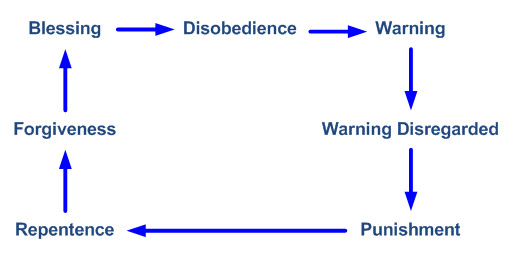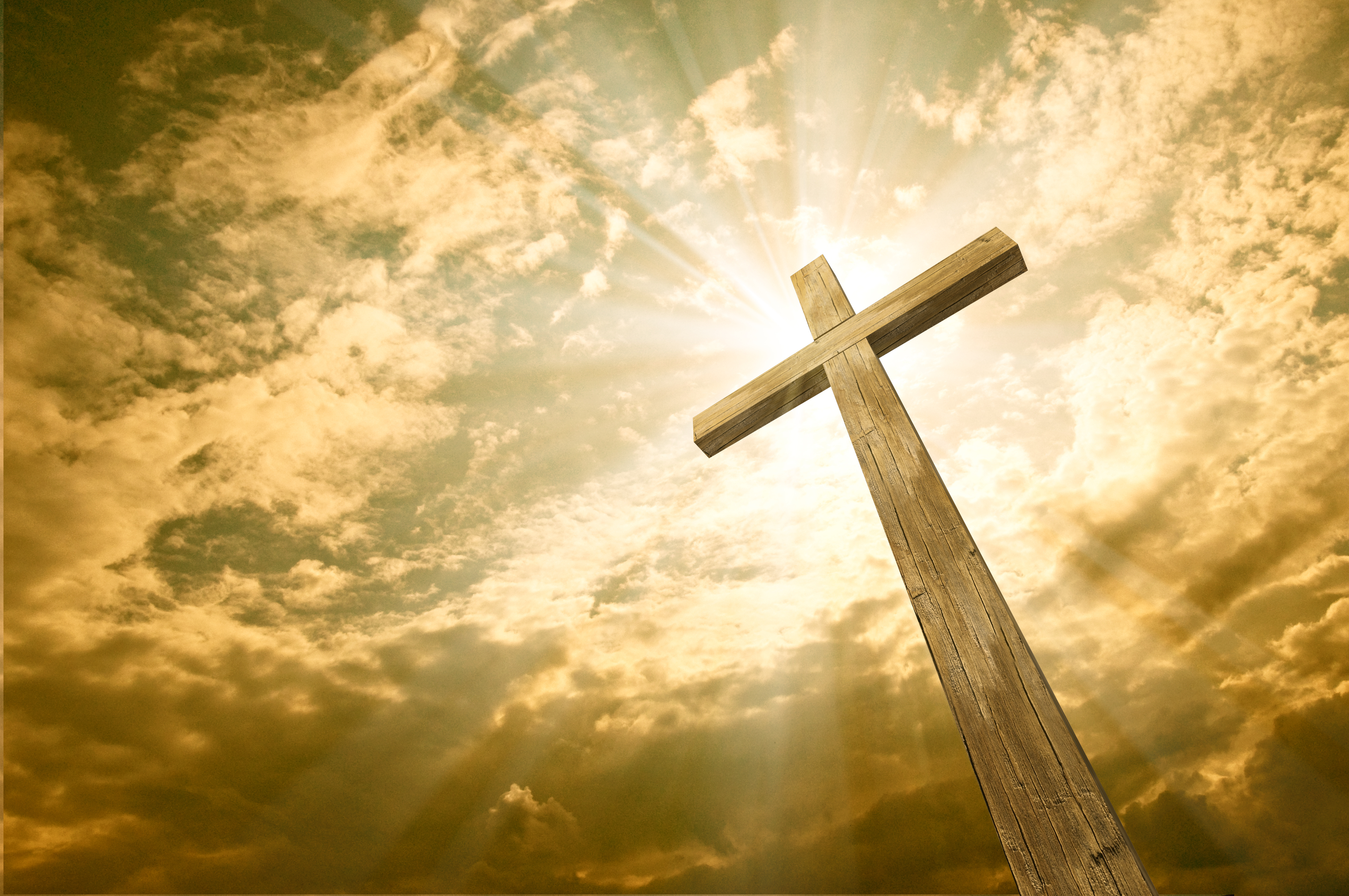Zechariah

The Man and His Message
Part 1:
Chapters 1 and 2
The object of this series is to develop some of the major features, themes, and trends of the book of the prophet Zechariah.
There are those who claim that the study of prophecy in the Old Testament is merely academic because it doesn’t directly concern the Christian church, or the present dispensation. But matters dealt with in the Word of God are for the glory of Christ, and for the fulfillment of the will of God. They must, necessarily, be of interest and concern to those who love the Lord Jesus.
Zechariah had received a revelation from God. This aroused his interest and engaged his attention. These exercises were for his own blessing, to fit him for his service, and also for the ultimate spiritual blessing of those amongst whom he served God.
Old Testament prophets were very carefully selected, with their names, their lives, their service all characteristic of the work they had to do. In the Bible, names are very often characteristic of the person. Zechariah was the son of Berachiah, the son of Iddo, the prophet. Here we have three successive godly generations. Iddo means "the appointed time." Berechiah means "Jehovah will surely bless." Zechariah means "Jehovah will remember." This combination gives the overall message. At the appointed time, Jehovah will remember His people, and He will surely bless them. God’s plans will not be frustrated, either by the opposition of His enemies or even by the disobedience of His own people. Israel, as a nation, had to learn that lesson. Zechariah was not only a prophet. He was also a priest. He was ideal for the job he had to do.
Verses 3-6 of chapter 1 give us an important outline. The prophet exhorts the godly minority to examine the history of the nation. There is a certain, continuing, repetitive, cyclical succession of attitudes and events. The cycle properly begins with God choosing to bless His people. He does so. Before very long, the nation is disobedient to their God Who has blessed them in a wonderful way. As a result, God raises up a prophet to warn the nation of the need to mend their ways.
Sadly, the mass of the nation ignore the warnings given. God called other prophets. They intensify the warning, but with little effect. Inevitably, the threatened punishment comes. God disciplines the nation, not only for going astray, but because, being warned of the error of their ways, they had refused to abandon their disobedience and idolatry. There is eventually a measure of repentance in a godly minority who are seeking to be true to their God. Their faithfulness is rewarded. God is pleased to lift the discipline for the moment. Having been restored to a measure of communion with their God, the blessing that God in His wonderful grace grants to them is even better than what they had enjoyed before. But, before long, the cycle begins again, as shown in the illustration.

In many cases in the nation’s history, repentance is induced in at least some of the Lord’s people by giving them, through the words of a prophet, a long-term view of what God has had in mind for them. The principle is very much in line with Proverbs 4:25, "Let thine eye look right on." There’s always spiritual blessing in getting things happening at the present time in proper perspective by looking forward to see what God has in mind. Zechariah does that. In telling them what is going to happen in the future, as a result of the grace of God, repentance is produced, and a measure of restorationgiven.
The background of the prophecy was the return from Babylon of a godly remnant, a small proportion of the nation. They had responded to the permissive decree, issued by Cyrus the Persian, to return to Jerusalem. This is a preview of a greater opportunity; a greater return; a greater prosperity and peace, than the remnant of Zechariah’s day could ever know. This will occur when the Lord Jesus Christ appears in power and great glory. Then, and only then, will true peace and true prosperity be enjoyed by the nation.
The opening message, verses 2 to 6, is a call to repentance. The prophet says: "Learn the lesson of history. Your fathers have been subjugated to the gentile powers because of their disobedience to God. Repent. Cast yourselves on the mercy of God. There is no other way back to God."
Then from the beginning of verse 7 of chapter 1 to the end of chapter 2 we are given the record of three visions given to Zechariah. The first vision is of the man among the myrtle trees. The second vision includes the horns and the carpenters at the end of chapter one. Thirdly, in chapter 2, the man with the measuring line.
First, the man among the myrtle trees. The lesson is plain. When His earthly people go astray, God uses the Gentile nations to discipline His people. Israel, who should be at the head of the nations, is subjugated to one Gentile nation after another. They bitterly resented this. It was certainly a disgrace to them. Even more, it is a dishonor to Jehovah, their God. That is the real disgrace. But these Gentile powers had gone far further in this disciplinary exercise than God had intended. He will take them to account for that. The Jews had been subjugated because of their disobedience. Gentiles were allowed to be on top for the moment, but they are accountable to God for what they did.
The second vision involves the horns and the carpenters. Horns are symbolic of power. In verses 18 and 19 of chapter 1, he says, "Behold four horns." What did he mean? These are the four Gentile nations that had and would scatter Judah and destroy Jerusalem. God says, "This is not the first time, and it won’t be the last." Taking a panoramic view of the history of the Gentile nations, first one, then another and another and another; there will eventually have been four Gentile nations who have been brought in successively by God in a disciplinary way, to subjugate His earthly people.
Babylon had come and gone. The Medes and the Persians were in power at the time. They would be succeeded by the Greeks, then the Romans, and eventually by the revived Roman Empire. Here Zechariah surveys the whole thing. His eye looks right on. He is holding this up as a warning of necessary discipline, but ultimately, as a promise of peace and blessing.
What are these carpenters then who will throw out these Gentiles? Evidently powers that are brought in which will successively deal with the four horns. He says first a horn, then a carpenter; then a horn, and then a carpenter, and so on. The second horn was also the first carpenter, for certainly it was Darius the Mede who conquered Babylon. Certainly it was Alexander the Great of Greece who conquered Persia, and it was certainly the Romans who brought about the downfall of this Grecian Empire. This takes us on to the downfall of the final form of the Roman Empire, which will be brought about by the personal intervention of God Himself in the Person of the Lord Jesus Christ, the Messiah of Israel, when He appears in power and great glory (Matthew 24:30). So, it would be consistent with this to take the four horns to be the four Gentile world empires, and the four carpenters as the last three of those empires and finally the Lord Jesus Christ personally. At each stage God brings in another power to limit the previous power. He will only allow them to go so far and no further.
In chapter 2, we read about the man with the measuring line. It is a great comfort to suffering saints in any dispensation to realize that God has His overall plan. Man cannot negate it. What God has decreed will ultimately be brought to pass. God reserves to Himself the ultimate, overall control. He is the One depicted as the man with the measuring line. God’s plans will not be thwarted.
Zechariah says, in effect, "Let thine eye look right on." God will finally intervene in the Person of His Son, who will exercise due retribution on the enemies of God and His people. Having put down all enemies He will introduce His Kingdom. Then comes in "that day" which God has looked forward to for so long. It looks on to what Zechariah calls "that day" (2:11), the glorious day when the Lord Jesus Christ, King of kings and Lord of lords, ushers in His Kingdom. Not until then will the world will be ruled, administered, in righteousness, by God’s appointed man (Acts 17:31). "After the glory" (2:8), that is, after His appearing, there will be a kingdom of peace, prosperity, and glory that this world will never have seen, the culmination of God’s ways on earth, when all these long term prophecies given in the time of Zechariah will be fulfilled literally.
These partial repentances, partial recoveries, partial restorations, look on to the time when there shall be national repentance, national deliverance, national elevation, national blessing.





